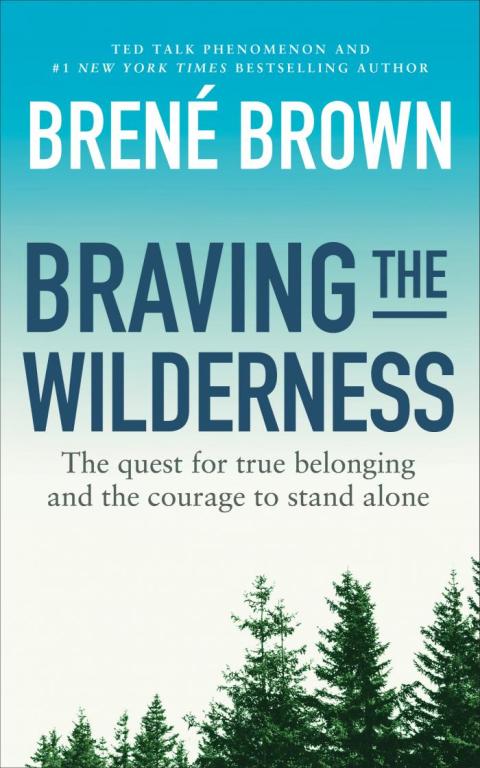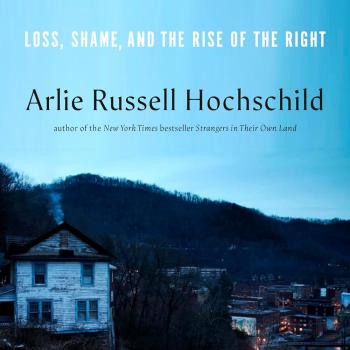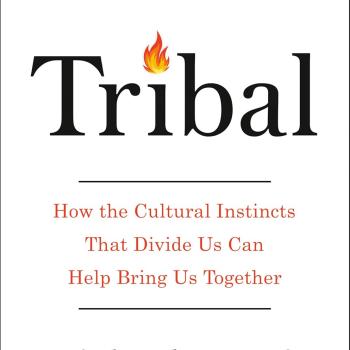
I can’t recommend Brene Brown’s new book. And she likely doesn’t care.
I pre-ordered Braving the Wilderness: The Quest for True Belonging and digested it with a couple of days. I’m an easy sale. But I’m not sold on this one. Sorry Brene.
Can we “belong” alone?
Rule #1 when reviewing a book is this: judge a book based on its intended goal. In a word, Brown writes to help people become more shame-resistant by empowering them to break from the crowd “into the wilderness.” The following quote from Maya Angelou shapes the entire book:
“You are only free when you realize you belong no place––you belong every place––no place at all. The price is high. The reward is great.” (p. 26)
She explains that we never truly belong where we feel we cannot be ourselves. Our quirks, differences, and vulnerabilities all constitute part of who we are. She adds,
“True belonging is not something that you negotiate externally, it’s what you carry in your heart. It’s finding the sacredness in being a part of something and in braving the wilderness alone. When we reach this place, even momentarily, we belong everywhere and nowhere. That seems absurd, but it’s true.” (p. 41)
The entire book aims to unpack this single paradox. A number of points will resonate with readers.
 For example, she distinguishes “fitting in” and “belonging.” The former entails “being like others” rather than “being yourself” (i.e. the latter). She depicts authenticity and conformity as either contradictory or at least in tension.
For example, she distinguishes “fitting in” and “belonging.” The former entails “being like others” rather than “being yourself” (i.e. the latter). She depicts authenticity and conformity as either contradictory or at least in tension.
How does she make her case? In vintage Brene Brown style, the narrative is replete with stories. Unfortunately, she does not present her argument “from the data” as clearly or as strongly as in her other books.
Is shameless authenticity good?
I finished the book but only with difficulty. By the end, the reader is primed to stand up against the crowd and “be your own person.” The recurrent idea that pervades everything she says is this:
I must venture from community in order to be authentic.
Brown seems to idealize non-conformity and individualism. It’s hard to tell whether this is intentional. Despite its merit, her thesis––at least as she presents it––could hardly be more Western. That is, she singularly roots identity in individual differences. However, to do so only conveys a chronic half-truth. One’s identity always depends on his or her differences and similarities relative to others.
One’s “individuality” is a composite of countless similarities, whether gender, place of birth, language, preferences, etc. Can we be “authentic” without recognizing how we are influenced by our families, friends, and cultures? Brown’s strong advocacy for the individual in the wilderness has an ironic consequence.
Such thinking effectively leads people to avoid shame by being shameless.
Cowards don’t choose community
The West has increasingly adopted a “stick it to the man” attitude. And how is that been working out?
Westerners especially resist being “tied down” to a community. They scorn “labels” and stereotypes.[1] However, such outcries do not actually eradicate our ties to others or our need for community. Even in school, the “non-conformists” so often look just like the other “non-conformists.”
These observations and cultural habits of thinking create what I call the tyranny of the individual. This problem is precisely what I tried to address in my Wheaton talk Saving Us from Me.
Everyone chooses to belong to this or another social group. These groups could be formed around a hobby, similar socio-economic status, neighborhood, belief system, etc. Whatever the case, we all have to choose!
That choice requires bravery. Not choosing is cowardly. Trying to “people please” and so make everyone like us is a sign of fear. And this basic fear is natural and can be good. After all, God did not create us to be alone. Yet, we must face this fact: belonging to one group inevitably means not belonging to another.
Being an “individual” is not necessarily braver. And it certainly is not wise.
From personal experience, I know that an individualistic “go it alone” mentality often is a façade for self-protection. By “not caring what others think,” a person supposedly develops thick skin. In reality, they simply gain hard hearts.
We need courage to conform
Courage sometimes looks like conformity, such as when we pursue an uncertain path because of the direction given by those who love us, who are responsible for us, and who have more experience or wisdom. Courage requires faith. Faith and loyalty exist where we traverse through shades of uncertainty.
So, to return to Brene Brown’s key theme “belonging”, what can we say?
True joy and happiness are not found in the wilderness. Biblically speaking, the wilderness is hardly an image of blessing. We do not belong in the wilderness. We belong in community.
We always will belong and not belong. We belong when Christ defines our identity and this relationship with others; only Christ and his kingdom endures and transcends every culture. Is this not much of what we find in Romans 4, Gal 3 and elsewhere?
[1] Obviously, exceptions to stereotypes always exist, but they do exist for a reason. A stereotype simply points to a genuine trend or impression people have about a certain group. Whether a stereotype accurately describes an individual is not always the point since that characteristic or behavior, to some degree, might have some truth that affects who that person becomes.

















